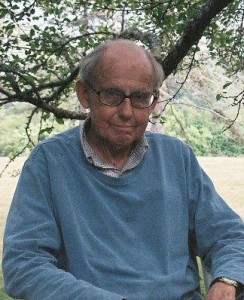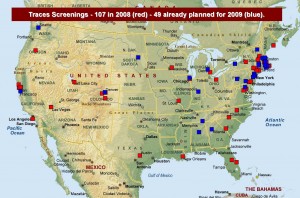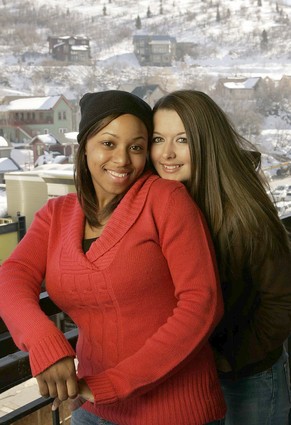 The news is now official: Samuel Huntington, the eminent political scientist best known for his views on the “clash of civilizations,” died on Christmas Eve at the age of 81.
The news is now official: Samuel Huntington, the eminent political scientist best known for his views on the “clash of civilizations,” died on Christmas Eve at the age of 81.
I knew Sam well, and worked closely with him until his retirement from Harvard last year.
Sam was a towering figure in political science, having written landmark works in civil-military relations, political development, global politics, culture and identity politics.
Henry Kissinger described him several years ago as “one of the West’s most eminent political scientists,” while Robert Putnam, the Harvard professor who wrote Bowling Alone, lauded Sam yesterday as “one of the giants of American intellectual life of the last half century.”
In the public arena, Samuel Huntington would typically offer unconventional scholarly conclusions in stark and unflinching terms which revealed little about his personal opinions. As a result, his views attracted a great deal of attention, in the U.S. and especially abroad, but were frequently controversial and widely misunderstood. I will have a bit more to say later about those controversies, and their significance for the main theme of this blog.
In person, Sam was a kind and gentle man. As a scholar, teacher, and mentor, he was typically fierce in his articulation of his own views but always eager to hear and consider the views of others. His expectations for scholarly discourse were high, but he was modest about what he did not know and unfailingly respectful and encouraging of the work of others. Perhaps the strongest indication of these qualities was the deep respect and abiding loyalty which he consistently inspired in those around him—particularly in those who, like me, often disagreed with him so strongly.


